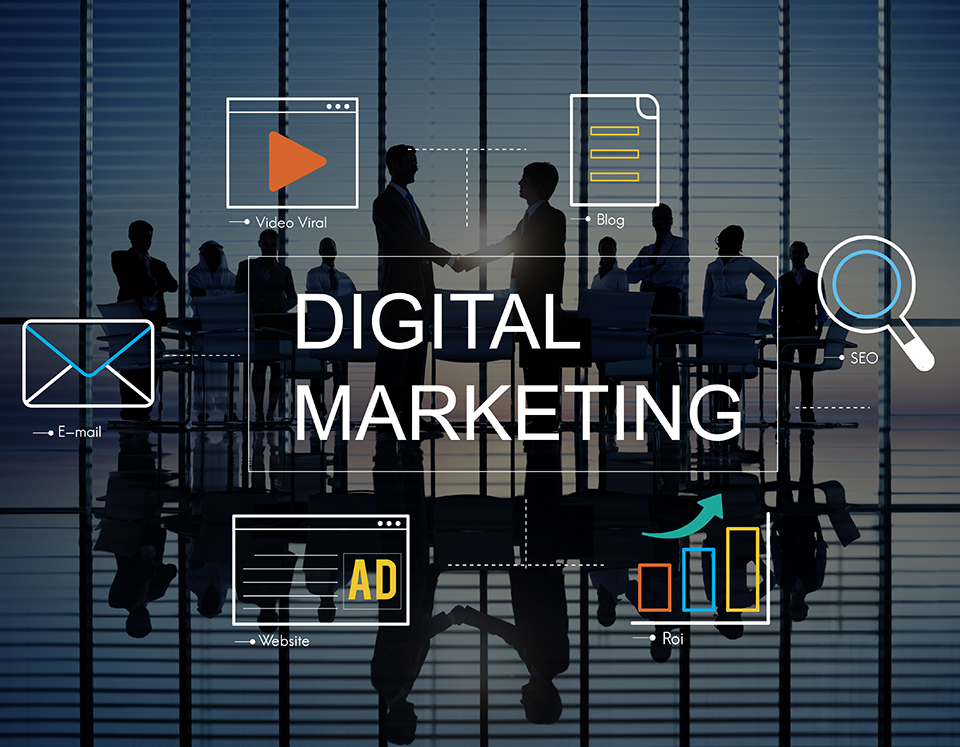
Do you run a venture and are confused about whether to advertise it through direct or digital marketing? If yes, you may want to decide after learning some essential facts about these two.
Marketing is an activity performed by ventures to sell their products and services. It could be direct or digital, depending on your resources, budget, and other factors.
While direct marketing is a traditional approach to advertising products, digital marketing is a modern method to sell your offerings.
Read below and find some interesting facts about each.
What Is Direct Marketing?
Do you often have visitors at home with leaflets covering details of their products and services? Or do you get calls from company representatives convincing you to buy from them?
Instead of communicating indirectly, the direct marketing approach allows you to rely on direct distribution and communication with the clients.
Companies utilize mail, text messages, and emails to advertise their offerings through this method.
Simply put, it doesn’t involve any third person, and it is the client and your brand only.
Benefits and Drawbacks of Direct Marketing
Direct marketing has many advantages.
- It helps you convey your message to a target audience based on their distinct buying behaviors and demographics.
- Since it involves direct communication, you can personalize your advertising campaign and make the customer feel special.
- Direct marketing is pretty affordable. For instance, leafleting is a cost-effect approach.
- It is a measurable marketing method. With the actions of the client, you can evaluate the success of your marketing message.
Alternatively, this marketing method does come with its downsides.
- It can be intrusive at times, annoying customers with these tactics. For instance, many customers dislike receiving telemarketing calls.
- Direct marketing often faces tough competition from activities like digital ads or marketing emails.
- The use of brochures or leaflets can have a negative impact on the environment.
What Is Digital Marketing?
Digital marketing is a form of advertising that benefits from digital devices. It can be direct, e.g., when companies send their promotional offering to individual customers through emails.
However, mostly, digital marketing uses mass media and methods like display ads, third-party social media posts and ads, influencer marketing, and search engine optimization.
For example, vectismarketing helps your marketing efforts result in excellent conversion rates, achieve top Google placements, and gain many customers.
The Good and Bad Sides of Digital Marketing
Digital marketing can be both beneficial and tough at times.
Advantages
It allows you to advertise to a global audience, increasing your reach and generating more revenue. Besides, as long as your campaigns are well-targeted and properly planned, the costs of launching a campaign are lower than the benefits gained.
It is also measurable. With tools like web analytics and social media metrics, you can measure the effectiveness of a digital marketing campaign.
Downsides
You may have to train your staff and sources before launching a digital marketing campaign.
Also, it can be very time-consuming to prepare suitable marketing content for a given product or service.
The competition in the digital world is high. So, if your campaign fails to meet the demands of customers, you may see them shifting to competitor brands in no time. For instance, one visible review or feedback about your company may create a negative image of your offerings in the minds of many people.
Common Myths About Direct and Digital Marketing
Both marketing approaches are good and bad in their own ways. However, they share some common myths that must be ignored at all costs.
Myth #1: Content marketing isn’t necessary.
Truth: As much as it is time-consuming, your content is one of the most essential tools of any marketing method. It is the king, so whether you opt for direct or digital marketing, work on the content to attract your desired customers.
Myth#2: Digital marketing is for large businesses, while direct marketing is for small ones.
Truth: When it comes to choosing the marketing technique, size does matter. However, even small ventures can benefit from cost-effective digital marketing techniques.
Similarly, big ventures can use direct marketing for their limited-edition items. It is all about finding the perfect mix.
Myth# 3: Direct marketing requires lots of human sources.
Truth: It is true, but digital marketing may also demand a certain number of experts to prepare and implement online content strategies for the targeted audience.
Wrapping Up
If you want to learn some honest views about direct and digital marketing, here’s hoping that this article has helped you find some true gems.
Both marketing techniques are used globally, regardless of them being traditional or modern. If you want to use them too, ensure to evaluate and define your target audience first, and then curate a strategy that may meet their requirements and earn you lots of success.
Also, spend money and time on your marketing campaigns and reap your expected outcome in no time.

